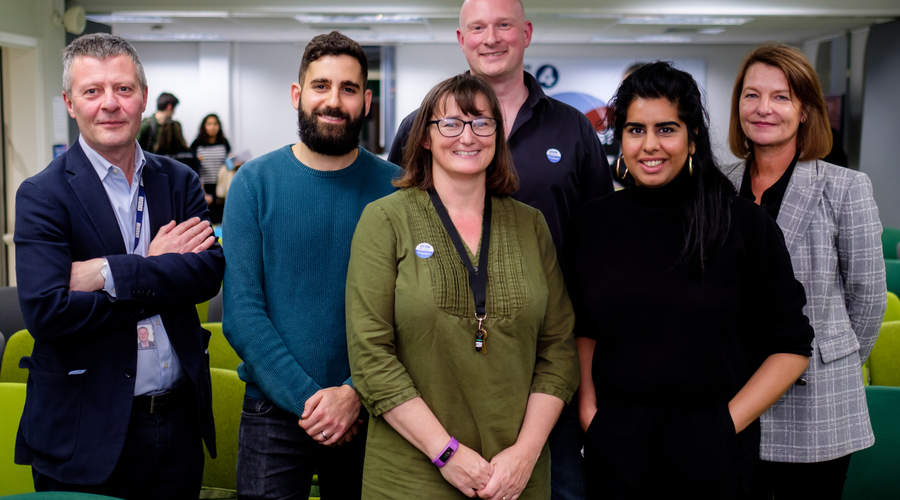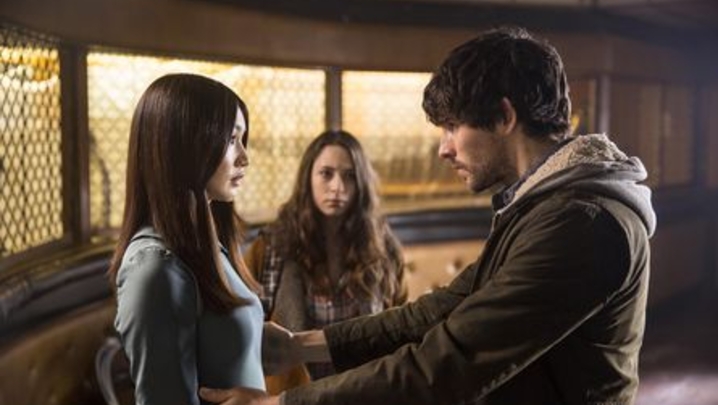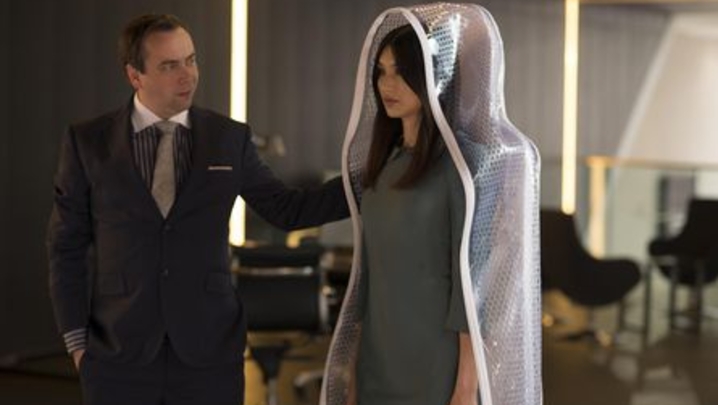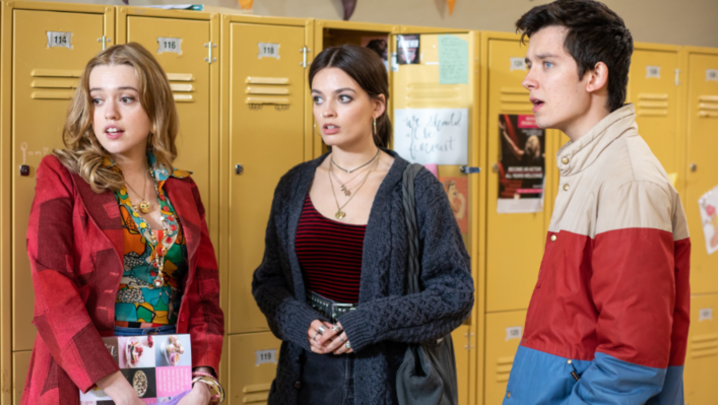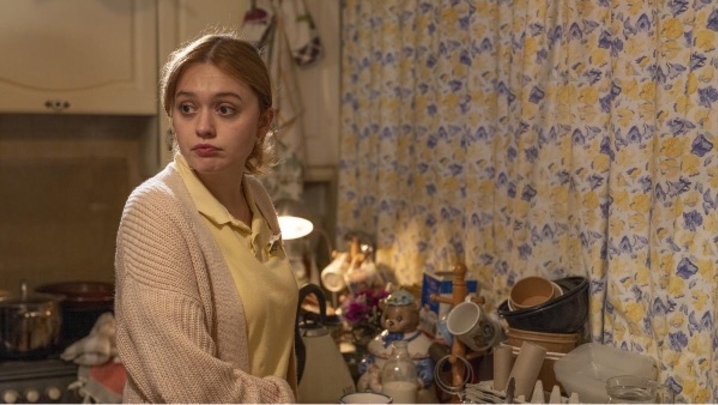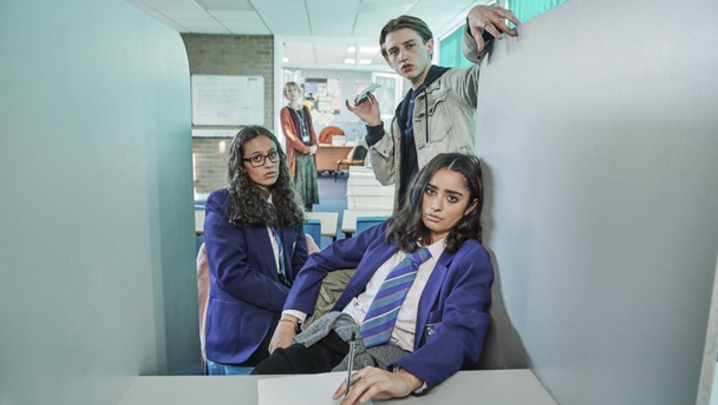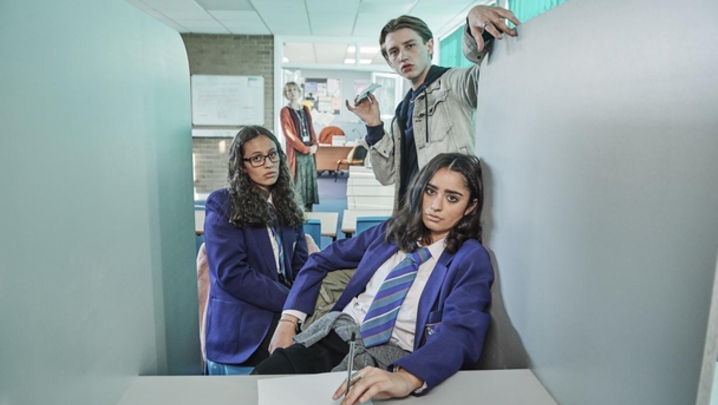Christos Savvides discussed the development and delivery of the award-winning, multi-platform promotional campaign for Channel 4 sci-fi drama Humans at an RTS Bristol event during Digital Bristol Week.
The innovative campaign for the first series in 2015, which displayed no Channel 4 logos, was designed to hoodwink the public into thinking that “synthetic humans” were available to purchase.
As part of a teaser campaign for the series, the 4Creative team – including senior digital producer Savvides – created a fictional brand, “Persona Synthetics”, which manufactures the “synths” –artificial humans – in the programme.
The campaign also featured the first fake auction on ebay to be permitted by the site and a bogus shop front on London’s Regent Street, masquerading as Persona Synthetics’ flagship store. “I liked the idea of having a physical place where you could see the product,” explained Savvides at the event, which was chaired by Rob Hifle, director of Bristol-based designers and digital artists BDH.
The first episode of Humans attracted six million viewers, Channel 4’s biggest drama audience in 23 years. Persona Synthetics trended as the number one search on Google and Twitter on the drama’s opening weekend and within three weeks the website had received more than one million hits.
Savvides was delighted “with how much people played along with it – they had fun with [the campaign] and tagged their friends to see if they got it too. It was all about entertaining people, getting them to interact and giving people more.”
The campaign to promote the second series of Humans, which aired on Channel 4 in late 2016, featured another “first” – a Facebook partnership – and the first ever artificially intelligent bot created purely for entertainment purposes in Europe.
Digital Bristol Week, a series of events across the city, ran from 16 to 20 October and was hosted by the BBC Academy.
In a session on digital skills hosted by RTS Bristol Chair Lynn Barlow, an experienced panel of industry professionals talked about how they broke into the industry and how to stand out in a competitive marketplace.
Joe Godwin, director of both the BBC Academy and BBC Midlands said: “Immerse yourself in the latest technology and look at how other people are using it, but be aware that making content is still about ideas and storytelling – and understanding your audience.”
Andie Clare, director of production at local indie Icon Films, talked about researchers still needing to pick up the phone and knowing how to find a good story.
Films at 59 operations manager Stuart Dyer provided an overview of roles in post-production, advising: “We can teach you the technical side of things, but be nice, hard working and positive – working in this industry is a lifestyle choice and about putting in the extra.”
Savvides reflected on joining the 4Creative team four years ago and making the role his own. “It’s about [having] good emotional intelligence to help the team create better work. Don’t feel possessive about your work – you need to be able to collaborate,” he said.
Navi Lamba, social media manager at BBC Three, talked about having a so-called “side hustle” when she was a student – she learned how to edit and write, so she had some skills when she graduated.

